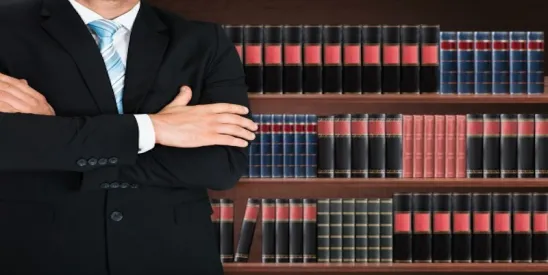The Trademark Trial & Appeal Board (Board) addressed, for the first time, whether an applicant is required to submit an English translation for a word that is created by spelling out the pronunciation of Chinese characters using Latin characters. The Board concluded that the mark required an English translation and upheld the examining attorney’s refusal to register the mark because there was no translation submitted. In re Advanced New Technologies Co., Ltd., Application No. 86832288 (TTAB Jan. 12, 2023) (Bergsman, Taylor, Heasley, ATJs).
Advanced New Technologies sought to register the mark ZHIMA for several goods and services classes. Advanced has a co-pending application for a mark using Chinese characters, where Advanced stated that “[t]he non-Latin characters in the mark translate to ‘ZHIMA’ and this means ‘SESAME’ in English.” According to Advanced, “the Chinese characters [] pronounced ZHIMA mean ‘sesame,’ but ‘Zhima’ itself has no meaning.” The application for ZHIMA was assigned to Advanced by Alibaba Group Holding Limited. Ali Baba is the hero of an Arabian Nights story who opens the door to a thieves’ den using the magical phrase “open sesame.” The use of the Chinese word for “sesame” on goods thus creates an impression that these goods and services bring customers access to something previously unattainable.
Under 37 C.F.R. § 2.32(a)(9), a trademark application must contain an English translation when the mark includes non-English wording. To determine whether a mark includes non-English wording and its meaning, the examining attorney may use dictionaries and search engines. If the examining attorney discovers that the mark contains non-English wording, the applicant must submit a translation. Following this statutory framework, the examining attorney in this case relied on the Chinese English Pinyin Dictionary, which translates “zhi ma” as “sesame” in English and required Advanced to submit a translation that “ZHI MA” means “sesame” in English.
Advanced argued that individuals fluent in English and Chinese would not transliterate “ZHI MA” back into its Chinese character counterparts, which actually do translate to “sesame.” In response, the examining attorney provided at least eight dictionary definitions where “zhima” was defined as “sesame.” Advanced then argued that the dictionaries were defining the Chinese characters, not the English transliteration because “ZHIMA” itself has no meaning in English.
The examining attorney modified the required translation statement to state that “ZHIMA is a transliteration of Chinese characters that means ‘sesame’ in English.” However, Advanced still refused to submit a translation, claiming that it was not required because there are no Chinese characters in the ZHIMA mark and the meaning of the Chinese characters cannot attach to a mark without them. The examining attorney provided information from many news articles where “zhima” was translated as “sesame.” For example, in articles referencing a Chinese version of Sesame Street, “Sesame” was translated as “Zhima.” The examining attorney also produced multiple websites discussing “zhima” products, all of which were sesame products.
The Board found that the many examples where “zhima” was translated as “sesame” by third parties demonstrated that ZHIMA was not an original word, but a previously known translation for “sesame.” The Board stated that the original applicant’s desire to evoke the magical “open sesame” phrase in relation to its products, the co-pending application stating that “ZHIMA” means “SESAME” in English, the dictionary translations of “zhima,” the news article translations of “zhima,” and the many advertisements and websites that translated “zhima” as “sesame” all supported the finding that “ZHIMA” required a translation. The Board concluded that when marks require a translation, an applicant’s refusal to provide one is a proper ground for refusal of an application. (15 U.S.C. § 1051(a)(4).) Since Advanced refused to provide a translation, the Board found that the examining attorney properly refused the trademark application and upheld that refusal.
Courtney Seams, Law Clerk at McDermott Will & Emery, authored this article.



 />i
/>i
